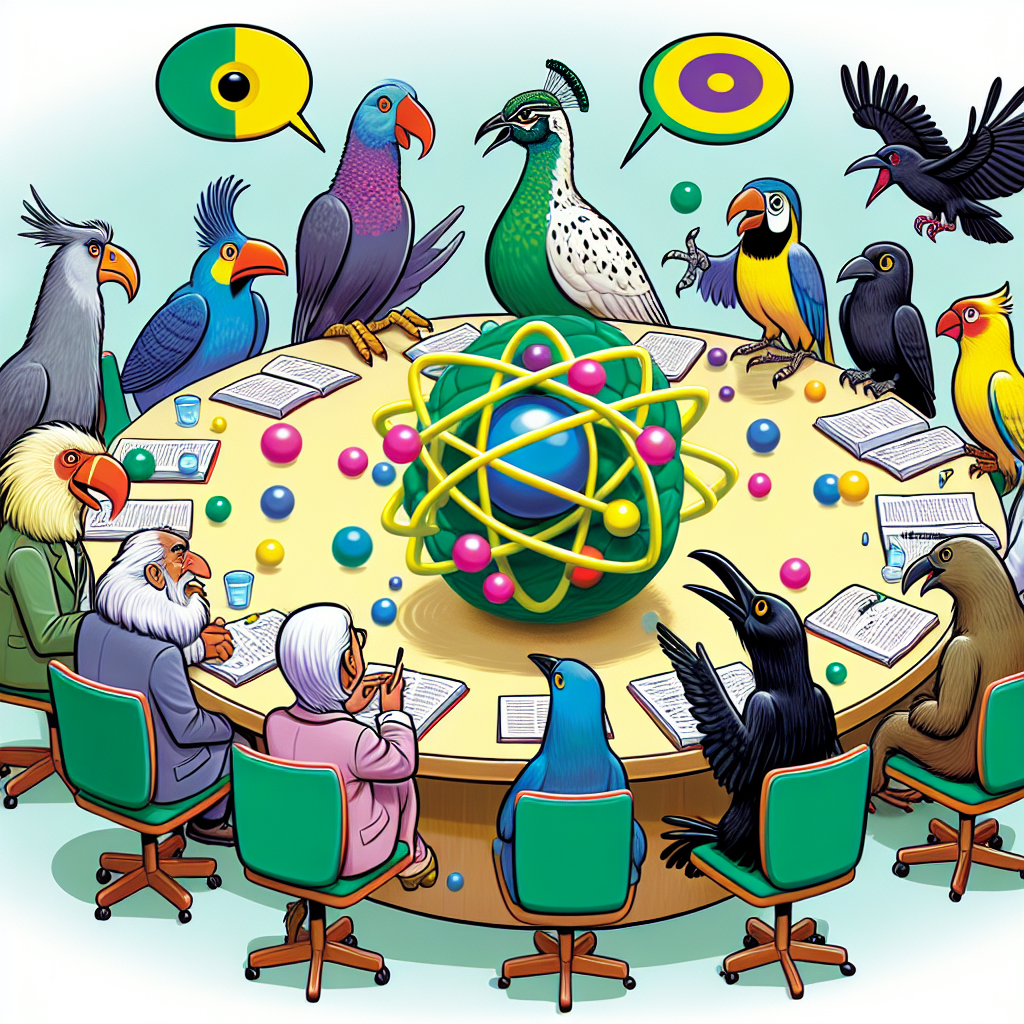Nuclear Talks Collapse: A Threat to Global Stability
The collapse of US-Iran nuclear talks poses a significant threat to global non-proliferation and regional stability. With growing tensions in the Middle East, the risk of nuclear escalation looms large. The impasse centers on uranium enrichment, as the US demands dismantlement while Iran insists on its nuclear rights.

The recent collapse of nuclear talks between the United States and Iran marks not only a diplomatic failure but also heightens the global threat to nuclear non-proliferation. The setback in negotiations comes at a fragile time for the Middle East, with tensions escalating as Israel perceives Iran's support for groups like Hamas as an existential threat.
Following the US withdrawal from the Joint Comprehensive Plan of Action (JCPOA) in 2018, Iran's uranium enrichment levels soared, escalating the potential for nuclear armament. The US seeks to dismantle all pathways to a nuclear weapon for Iran, but Iranian leaders view such moves as undermining their sovereignty and scientific advancement.
In a fragile geopolitical landscape, other powers like Russia and China are seizing the moment, potentially altering the dynamics of power in the region while offering Iran diplomatic alternatives. For now, the international community awaits a decisive turning point in this nuclear impasse that could redefine the course of global security.
(With inputs from agencies.)
ALSO READ
China and Belarus Forge Stronger Ties Amid Western Sanctions
Bisleri International Ventures into Middle East and Africa with Apparel Group Partnership
Iran's Uranium Enrichment Standoff with the U.S.
Sobering Sanctions: Germany's Push Against Moscow
Luis Castro's Second Chance: Redemption in Middle Eastern Football










